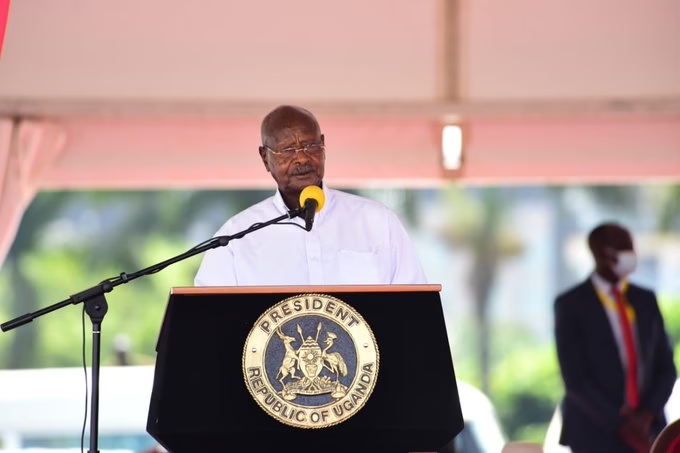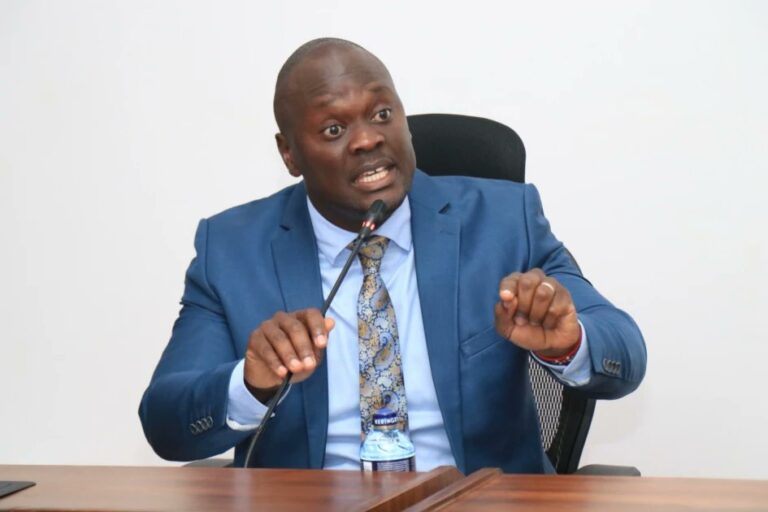
In a recent and widely discussed national address, President Yoweri Museveni and First Lady Janet Museveni extended a heartfelt plea to Ugandans, particularly the Buganda community, seeking forgiveness and urging for a reconciliatory restart.
This act is seen by many as a significant pivot in the complex and historically fraught relationship between the central government and the Buganda Kingdom.
The appeal comes at a time when tensions between Buganda leadership and the central government have intensified over unresolved historical grievances, land disputes, and cultural autonomy issues. By openly acknowledging past wrongs and requesting a fresh beginning, the Musevenis have stirred debate, optimism, and skepticism in equal measure.
The strained ties between Buganda and the central government trace back to the post-independence era. The abolition of traditional kingdoms in 1967 by Milton Obote, followed by the 1993 reinstatement under Museveni’s regime, created deep political undercurrents. While the reconstitution was viewed as a cultural victory, tensions never fully abated.
Disputes over mailo land tenure, perceived marginalization in national development agendas, and strained negotiations regarding federalism have fueled persistent discontent among Baganda leaders and citizens.
President Museveni’s apology, coupled with Janet Museveni’s acknowledgment of her government’s shortcomings, can be interpreted as an act of political maturity. Their appeal framed unity as essential for national development, stability, and the protection of Uganda’s cultural heritage.
However, critics argue that the move may be politically expedient, possibly aimed at mending fences ahead of the 2026 elections. The Buganda vote, significant in electoral calculus, has increasingly leaned toward opposition parties, a shift that could pose threats to the ruling National Resistance Movement (NRM).
While the Kabaka of Buganda has yet to issue a formal public response, Kingdom officials and prominent Buganda loyalists have expressed cautious optimism. Some traditionalists remain skeptical, citing the need for action over words—particularly in resolving issues like land evictions and stalled federal talks.
The public reaction across Uganda has been polarized. Supporters hail the move as necessary for healing, while critics perceive it as a rhetorical maneuver lacking genuine commitment to structural change.
The willingness to engage in constitutional reforms, particularly around federalism and decentralized governance, could serve as a litmus test of the government’s sincerity.
Museveni’s call for forgiveness marks a potential inflection point in Uganda’s governance. If followed by institutional reforms and inclusive policymaking, it may help unify the fragmented political landscape. Conversely, if not backed by substantive change, it risks deepening public cynicism and entrenching regional divides.
The NRM’s legacy may well depend on its ability to demonstrate that national cohesion is more than just a political soundbite. Authentic reconciliation demands not only apologies but also equity, justice, and consistent dialogue.
